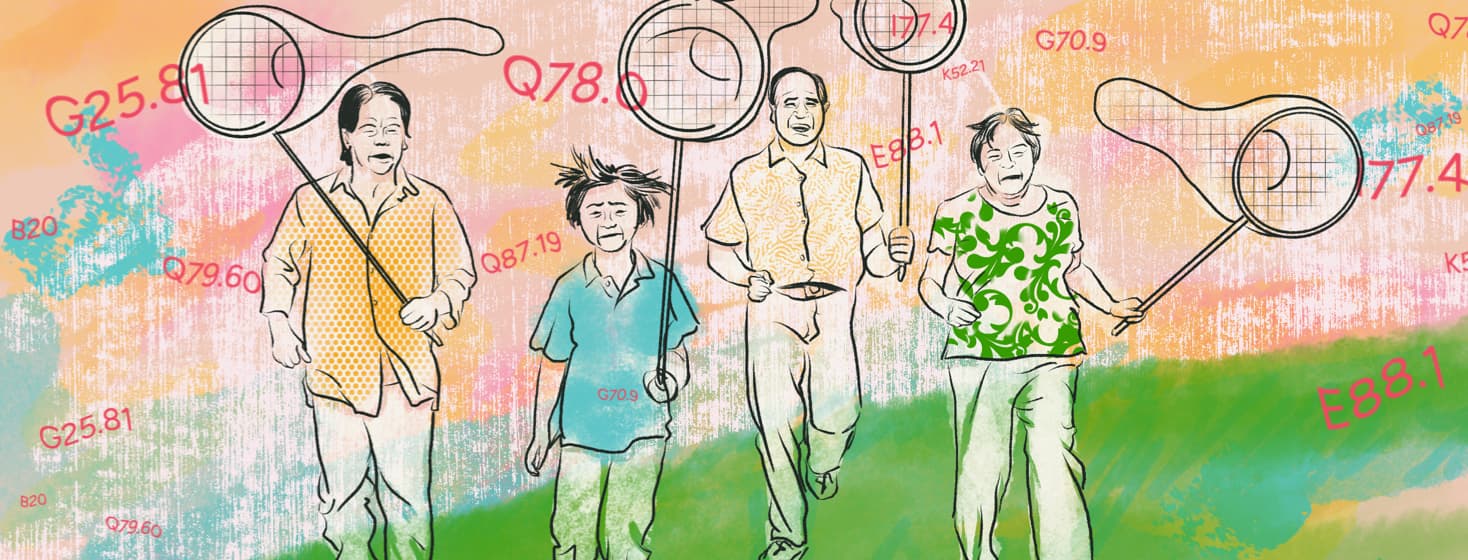ICD Codes: Why They Matter in Rare Disease
The International Statistical Classification of Diseases and Related Health Problems (ICD) is used worldwide to standardize the classification of diseases. It is used as a uniform way to collect statistics and track diseases globally. However, many rare diseases do not have a code.1,2
What is the ICD?
The ICD is a system used to classify, track, and better understand diseases. It is managed by the World Health Organization (WHO). Its main purpose is to link a standard code with a particular health condition. This allows experts to more easily track diseases across geography and time.1,2
The first ICD system was created in the late 19th century. But it has been updated many times since then. The most recent update was released on January 1, 2022. This update is called the ICD-11. It takes some time for countries to adopt each new edition. For example, the ICD-10 is still used in the United States.1,2
What is an ICD code?
An ICD code is a specific code that is paired with a certain disease or condition. The ICD standardizes these codes so that everyone uses the same ones for the same disease. This makes it easier to collect all the information linked to those conditions.1
Most common diseases have an ICD code. They also may have subcodes for different types and severities. Linking these codes with that disease makes it easier for the WHO to collect all the information about people who have it. For example, ICD codes help track:2,3
- How many doctors are diagnosing this disease
- What type of doctor is diagnosing this disease
- How many people have this disease listed as a cause of death
- How many people have mild symptoms or severe ones
- How people with this disease respond to certain treatments
Tracking this information is very important because it impacts research, treatment, and insurance coverage.1,2
Why are ICD codes important for people with rare diseases?
Every time you see a doctor, they use an ICD code to document your visit. If your condition does not have a standard ICD code, they may use a selection of other codes that describe your condition. This selection is usually left up to the doctor.2
This case-by-case approach can have some negative effects. It can make it hard for researchers to collect information on a condition. It can make it less common for a condition to be diagnosed. And doctors may not have access to as much information about treatment options because they cannot easily compare cases. Thus, a rare disease not having an ICD code makes it harder for doctors to diagnose it quickly and accurately.2
ICD codes are updated every year. This means that it is possible to change or add new diseases and codes. In the United States, updates are managed by the ICD-10 Coordination and Maintenance Committee.2
How can people advocate for the creation of more specific ICD codes?
Patient advocacy groups can work to promote the creation of new codes for rare diseases. This involves organizing an evidence-based proposal to send to the ICD-10 Coordination and Maintenance Committee. Many patient advocacy groups have been able to successfully navigate this process to have codes added or revised.2
If you are interested in a disease’s ICD code, try searching for it in the Center for Disease Control’s search tool. If you cannot find it, ask your doctor. If you find that your disease does not have an ICD code, try reaching out to a patient advocacy group. You may be able to get involved with advocating for the creation of an ICD code for your condition.2,3

Join the conversation